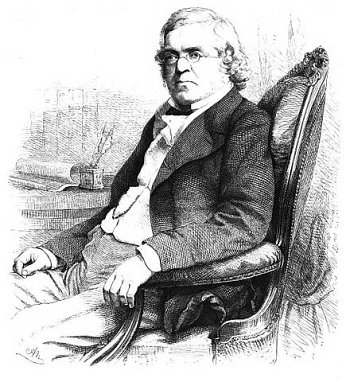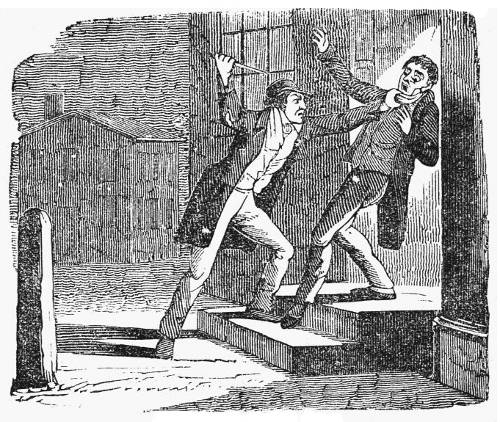J.G. Christopher, of Minneapolis, Minn., is the possessor of a canary bird, the voice of which has been developed in a peculiarly painstaken manner, so that now this ‘educated’ songster can successfully render the well-known air, ‘A Life on the Ocean Wave.’ The bird will commence to warble like any other of these pets, and after uttering a few notes will immediately strike into the tune, and when its voice has attained full height the above tune will be sung entire, and in a manner that sounds singularly melodious and attractive, literally setting to note its natural vocal powers. This was only achieved after the most diligent and patient attention. As soon as the bird was old enough to pick up a living it was put in a room apart from all others, and a music-box also placed in the apartment and kept perpetually going, so that this singular pupil had nothing to learn from but that. After four months of such apprentice-ship, the owner was rewarded by hearing his little favorite render ‘A Life on the Ocean Wave’ as naturally and perfectly as if that was the song of its ancestors.
— James Baird McClure, ed., Entertaining Anecdotes From Every Available Source, 1879






